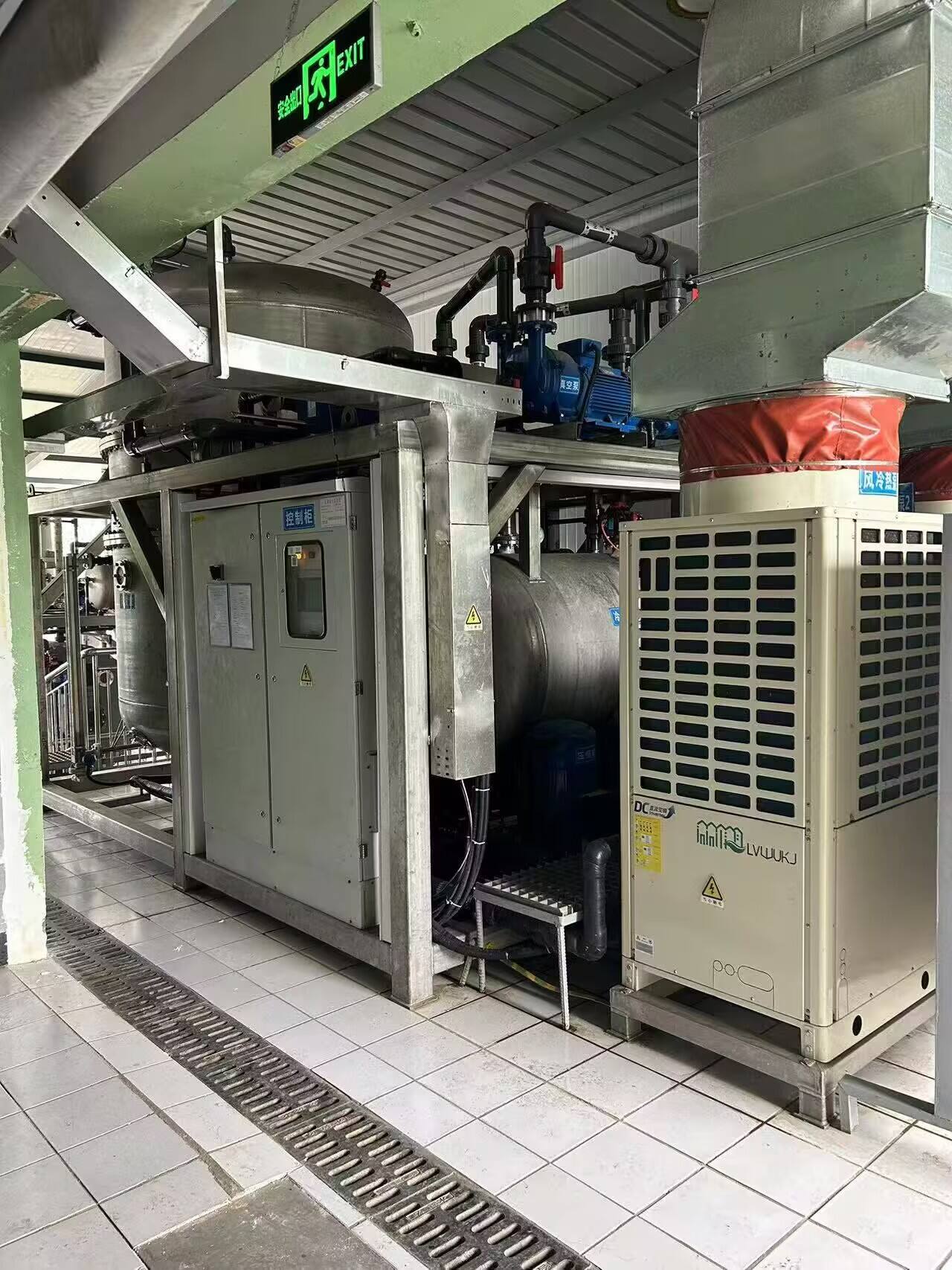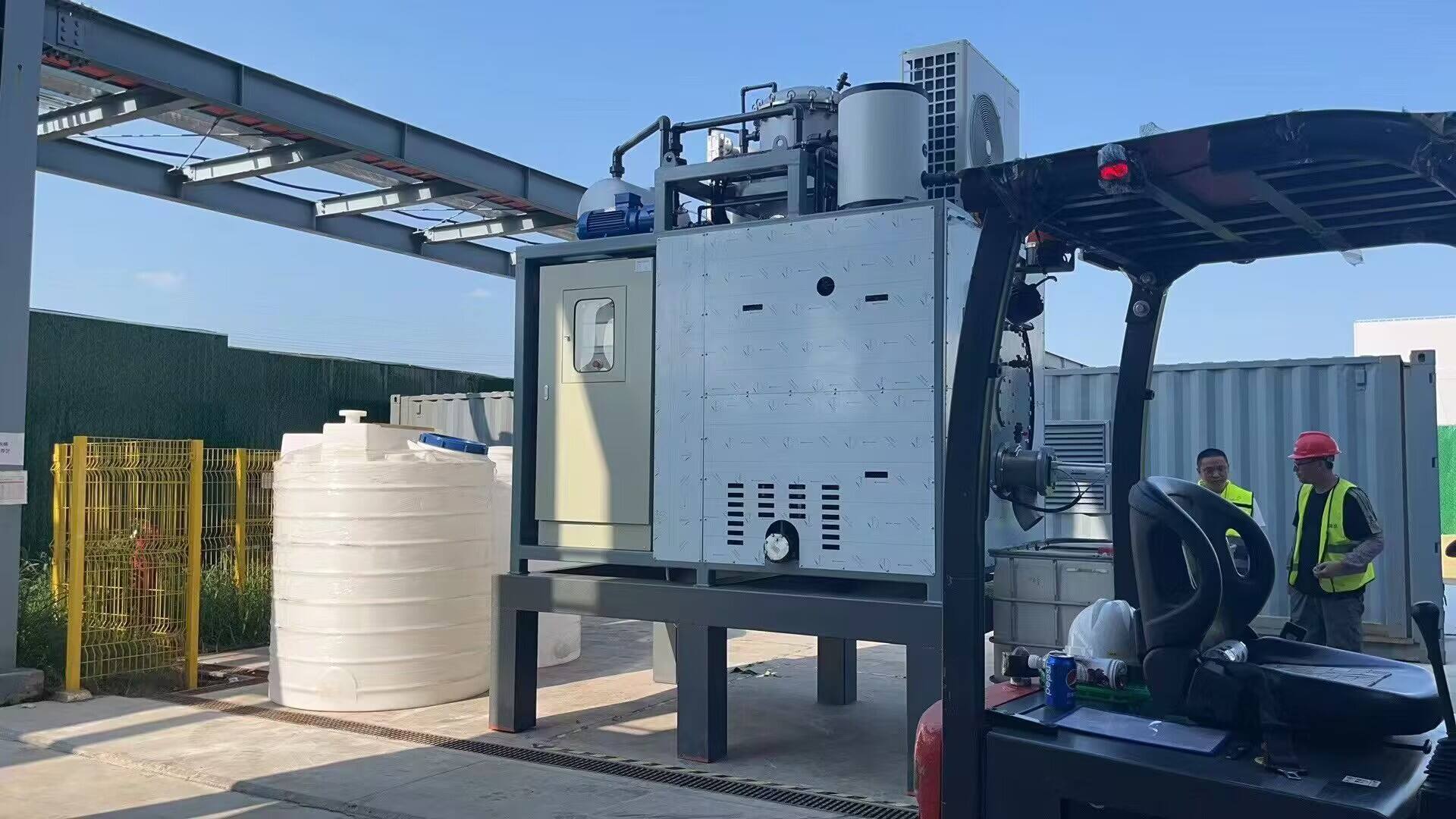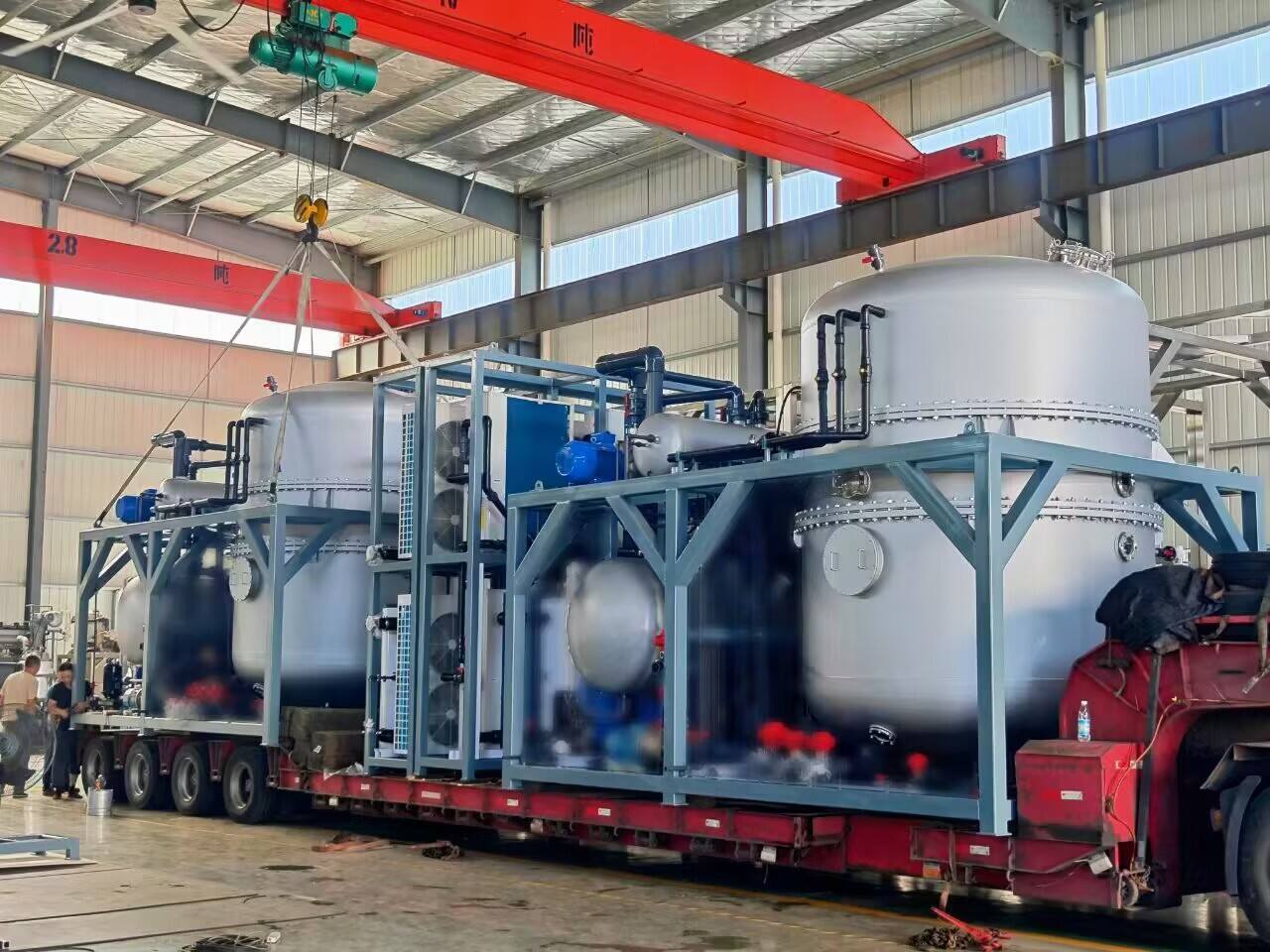vacuum evaporation system
A vacuum evaporation system is a sophisticated industrial process equipment designed to concentrate or purify solutions by removing solvents under reduced pressure conditions. This advanced technology operates by lowering the boiling point of liquids through pressure reduction, enabling efficient separation at lower temperatures than conventional atmospheric evaporation. The system consists of several key components including a vacuum chamber, heating elements, condensation units, and precise control mechanisms. In industrial applications, vacuum evaporators handle diverse processes from wastewater treatment to chemical production. The technology excels in separating volatile compounds from non-volatile substances, making it invaluable in pharmaceutical manufacturing, food processing, and chemical industries. The process begins when the solution enters the evaporation chamber, where controlled vacuum conditions are established. The reduced pressure environment allows for efficient evaporation at temperatures significantly lower than atmospheric boiling points, preserving heat-sensitive compounds and reducing energy consumption. Modern vacuum evaporation systems incorporate advanced features such as automated controls, energy recovery systems, and continuous monitoring capabilities, ensuring optimal performance and consistency in production processes.


